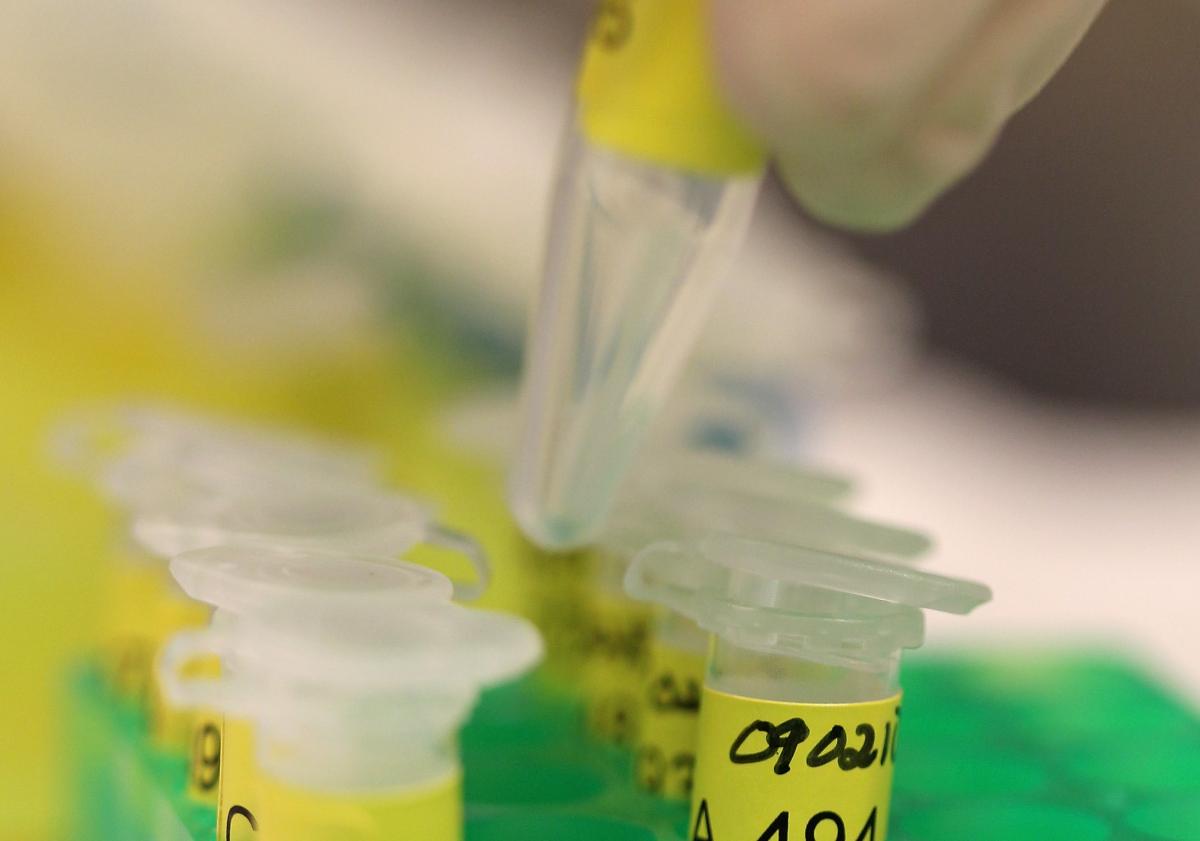Thailand athlete Worawut Marnnok receives two-year ban for anti-doping rule violation
Para swimming athlete returned an adverse analytical finding for Prohibited Substances at the 11th ASEAN Para Games in Solo, Indonesia in 2022 07 Feb 2024
The International Paralympic Committee (IPC) has banned Para swimming athlete Worawut Marnnok for a period of two years for committing an anti-doping rule violation (ADRV), in breach of the IPC Anti-Doping Code (Code).
The Thailand athlete returned an adverse analytical finding (AAF) for two Prohibited Substances in a urine sample provided in-competition on 3 August 2022 at the 11th ASEAN Para Games 2022 in Solo, Indonesia. The test was conducted by the Asian Paralympic Committee (APC) in its role as the Major Event Organisation for the 11th ASEAN Para Games.
The substances were chlorothiazide and hydrochlorothiazide. The substances are included on the World Anti-Doping Agency (WADA) 2022 Prohibited List under the class S5 (Diuretics and Masking Agents). They are both Specified Substances for the purposes of the Code.
The APC had initial results management authority for the athlete’s case, pursuant to the APC’s anti-doping rules, in relation to determining whether the athlete had committed an ADRV and the disqualification of any results from the 11th ASEAN Para Games.
The athlete was provisionally suspended by the APC on 29 September 2022 pending a resolution of his case.
On 31 March 2023, the APC issued a reasoned decision confirming that the athlete had committed an ADRV and disqualifying the athlete’s results from his competition at the 11th ASEAN Para Games, together with all resulting consequences, including forfeiture of all related medals, points and prizes.
Following this, the matter was transferred to the IPC as the international federation for the athlete’s sport (Para swimming) – to determine any further applicable consequences for the athlete, including any period of ineligibility as per the terms of the Code.
The athlete accepted the consequences proposed by the IPC in resolution of his case. As a result of his violation, the athlete will be ineligible for competition and other sporting activities (other than authorised anti-doping education or rehabilitation programmes) for two years from 29 September 2022 to 28 September 2024.
All results obtained by the athlete from the date the athlete’s sample was collected (3 August 2022) until the commencement of the Provisional Suspension (29 September 2022) were disqualified, with all resulting consequences, including forfeiture of any medals, points and prizes.
Each athlete is strictly liable for the substances found in their sample. An ADRV occurs whenever a prohibited substance (or its metabolites or markers) is found in their bodily specimen, whether or not the athlete intentionally or unintentionally used a prohibited substance or was negligent or otherwise at fault.
As a signatory of the World Anti-Doping Code (the WADC), the IPC remains committed to a doping-free sporting environment at all levels. The IPC has established the IPC Anti-Doping Code in compliance with the general principles of the WADC, including the WADC International Standards, expecting that, in the spirit of sport, it will lead the fight against doping in sport for athletes with an impairment.




